Lead Research Communicator
Malcom is a lead research communicator for Michigan Medicine and research communications strategist for the U-M Medical School, with more than 20 years of experience in strategic communications, marketing, and health and science writing. She covers the basic science departments, pulmonary and critical care medicine, infectious disease, pathology and anesthesiology. Contact: [email protected]

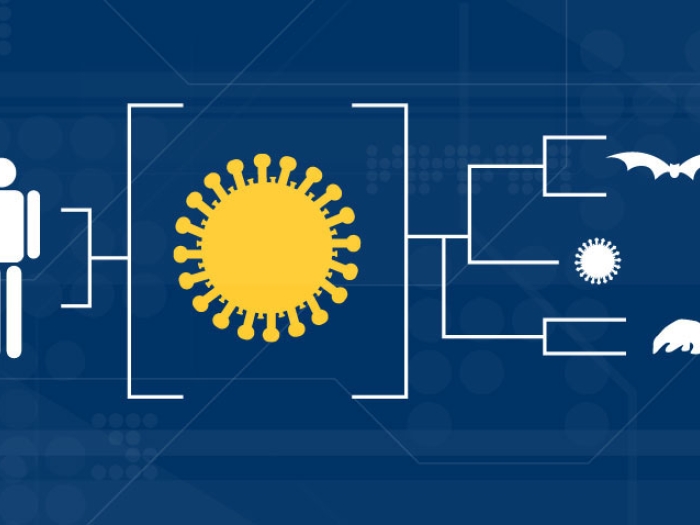
Health Lab
Researchers are mapping the genome of SARS-CoV-2, the virus that causes COVID-19, to better understand how the novel coronavirus behaves.
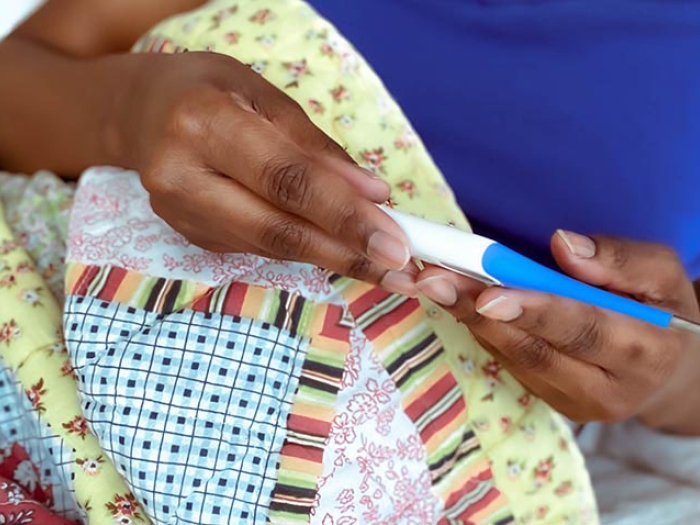
Health Lab
Black Americans have experienced a vastly disproportionate death rate during the COVID-19 pandemic, acutely magnifying the racial disparities and health inequities that affect communities of color.
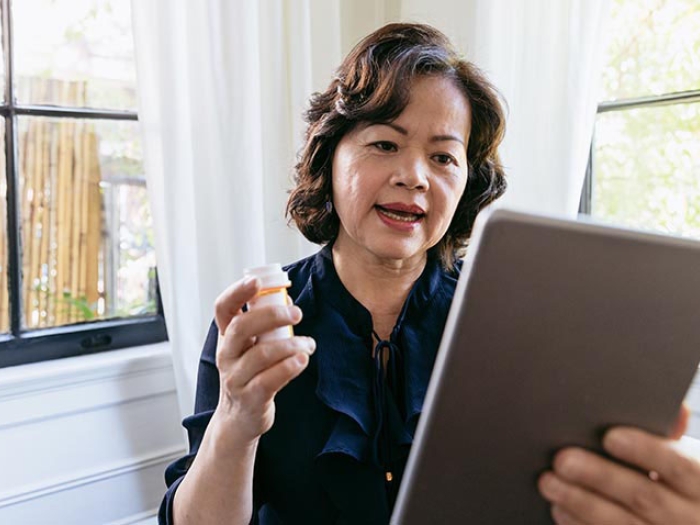
Health Lab
The COVID-19 pandemic has required an unprecedented ramp up in telehealth capabilities. Now, telehealth is offering more peace of mind in a stressful time to expecting parents and others in need of non-urgent medical care.
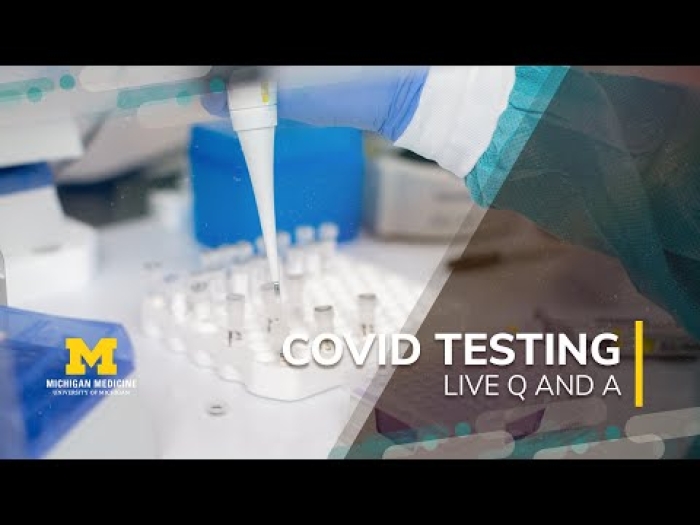
Health Lab
Duane Newton, Ph.D., director of the clinical microbiology laboratory at Michigan Medicine, explains the challenges of COVID-19 testing and how U-M is helping to address them.
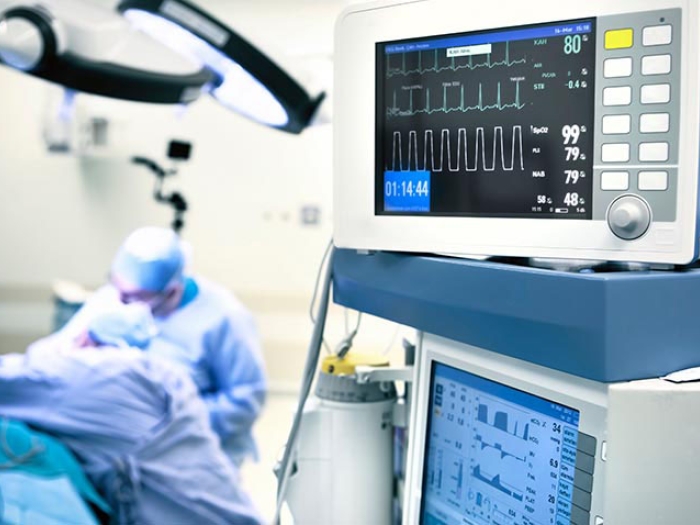
Health Lab
New study shows significantly fewer post-surgery lung complications such as pneumonia and respiratory failure when sugammadex is used to reverse the effects of muscle relaxants used with anesthesia during surgery.
News Release
Research projects and innovations related to COVID-19 have ramped up quickly across the University of Michigan, spurred by doctors, public health experts, scientists, economists and engineers, and encouraged by research leaders.
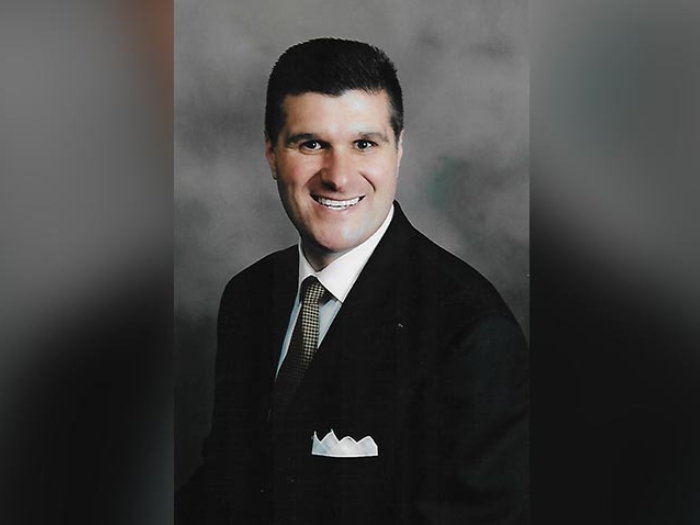
Health Lab
A patient with lupus weighs in on the COVID drug debate.
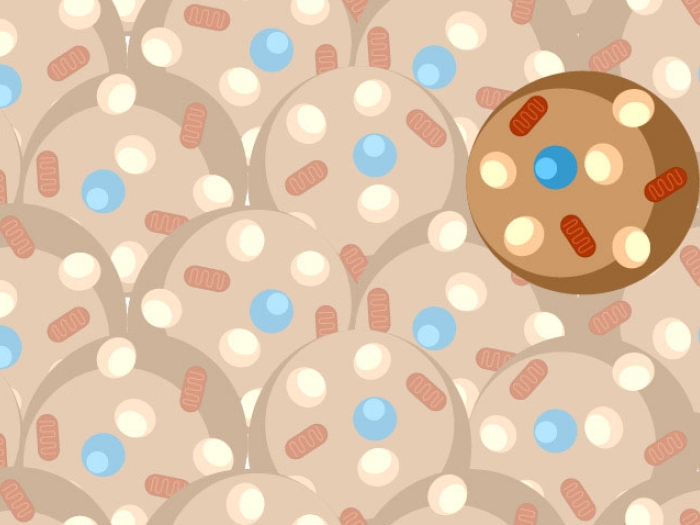
Health Lab
Two Michigan researchers make major inroads into the biology of brown fat and its implications for weight loss and obesity-related diseases

Health Lab
Janice Bright describes how minimally invasive treatment for advanced COPD improved her quality of life.
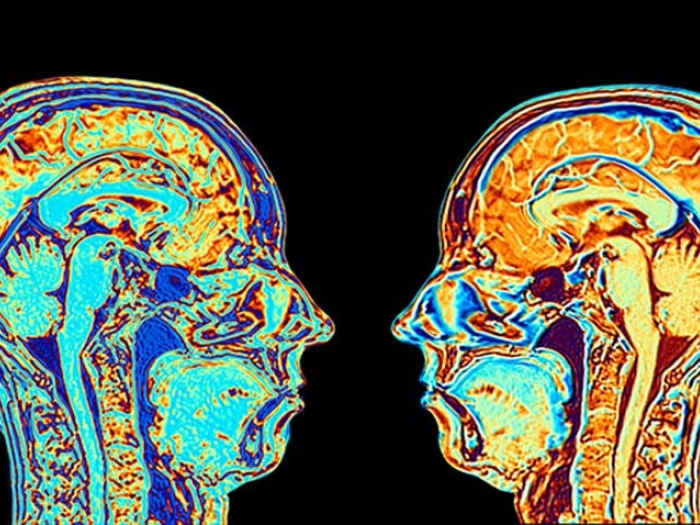
Health Lab
To study consciousness, Michigan Medicine researchers use anesthesia in an attempt to gain a better understanding of moment-to-moment changes in the brain.
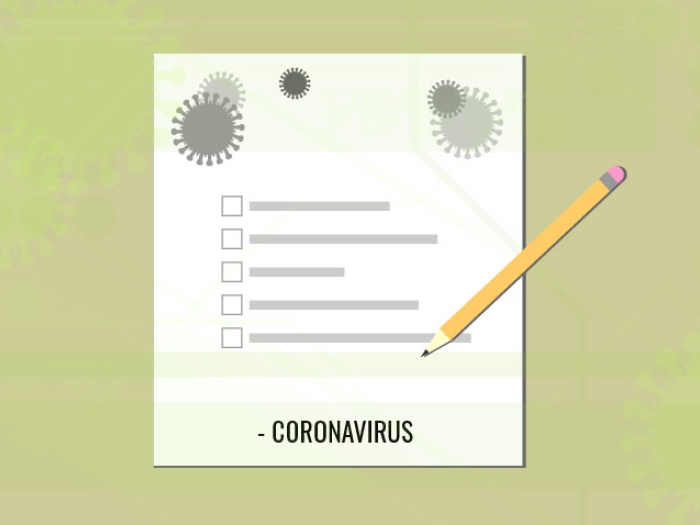
Health Lab
A lot of uncertainty still surrounds the evolving coronavirus outbreak. A Michigan Medicine expert offers nine practical things you can do to prepare yourself in the event that COVID-19 comes to your community.
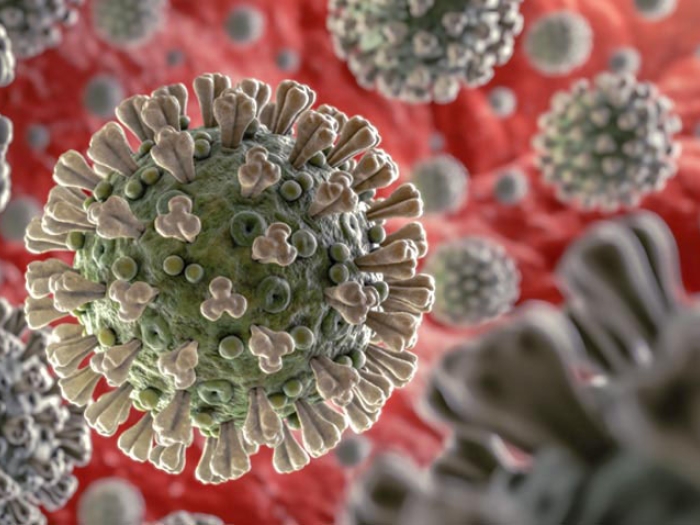
Health Lab
The spread of COVID-19 is an evolving situation. Learn what you can do to protect against coronavirus.

Health Lab
Learning to manage chronic pain without prescription painkillers is a priority for many in the wake of the opioid crisis. A new approach to pain relief is helping hundreds manage their pain without pills.
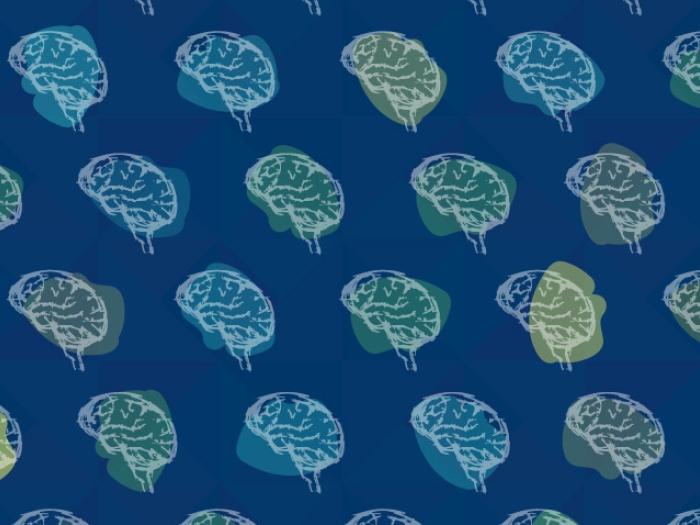
Health Lab
Researchers have made a genetic breakthrough in mice that could lead to new, revolutionary treatment options for SCN8A-related encephalopathy seizure disorder in babies.
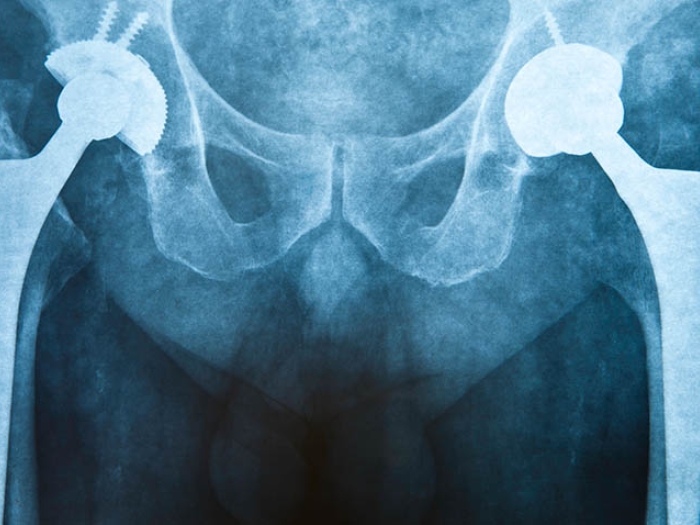
Health Lab
Heterotopic ossification (HO) is a form of abnormal healing typified by bone forming within muscle or soft tissue as the body heals from injury or surgery. Historically, there has been no treatment for HO, but new research suggests that could change.